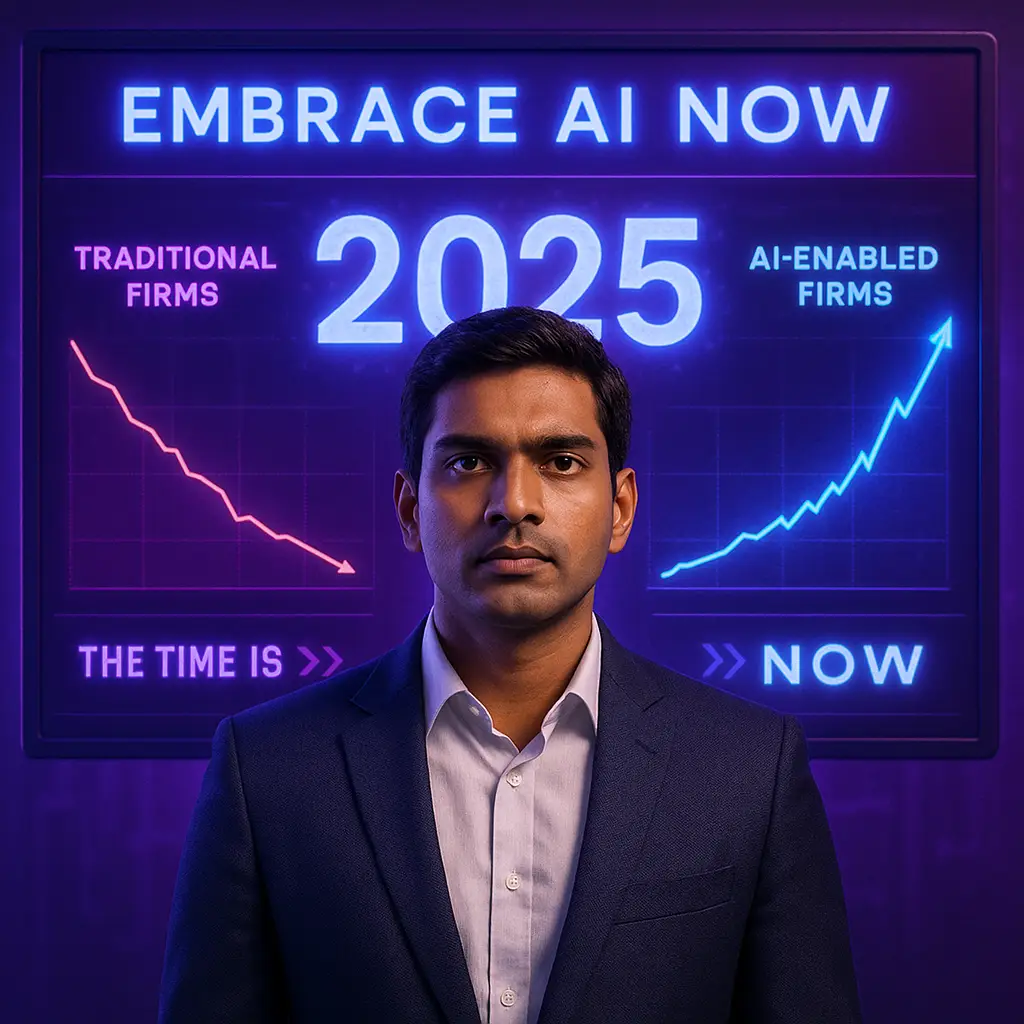A Chartered Accountant with 5+ years of experience across indirect taxation and project finance. Harshit has led GST and income tax compliance for clients in hospitality, fast fashion, FMCG, cement, and related sectors, including managing analyst teams and end to end filings.
